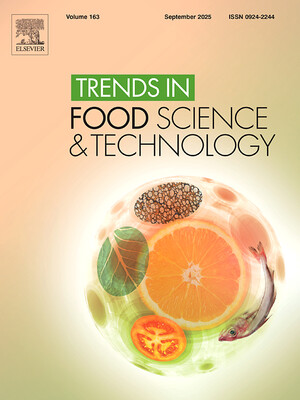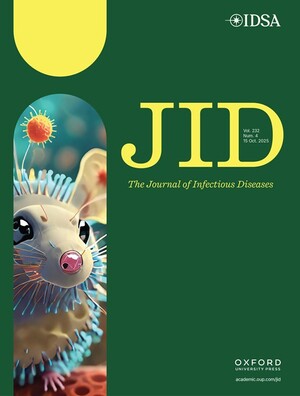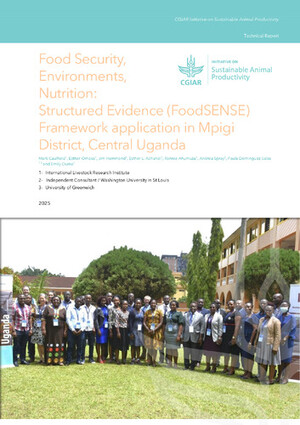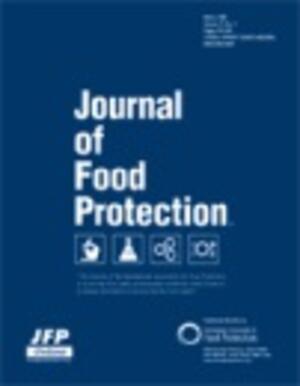
Food safety interventions in low- and middle-income countries in Asia: A systematic review
Abstract
Effective and sustainable interventions are necessary for long-term improvement of food safety. This review provides a summary of food safety interventions evaluated in selected low- and middle-income countries in Asia between 2000 and 2020. A systematic screening of published articles from PubMed and CabDirect databases was carried out with the aid of Rayyan QCRI software. A total of 25 studies were considered in the review. A ‘before and after’ study design was the most frequently used design (64%), while five studies (20%) used a randomized control trial (RCT) design. Interventions applied focused on training to improve knowledge, attitudes, and practices (KAP) towards safe food (60%) or on specific technologies (40%). Nine of the 25 studies were specific on the value chain considered: cattle (1), poultry (1), pigs (4) and fish value chains (3). Except for one study, all interventions reported some level of success; 17 were rated as having a high level of success, defined differently across studies. However, there is a clear evidence gap for the efficacy and cost-effectiveness of food safety interventions in market settings, both consumer- and vendor-facing. A rigorous and standardized assessment of intervention effectiveness and sustainability is recommended, to not only identify areas of improvement, but also to ensure scaling of interventions with demonstrated evidence of success and sustainability.
Citation
Kwoba, E., Oduori, D.O., Lambertini, E., Thomas, L.F., Grace, D. and Mutua, F. 2023. Food safety interventions in low- and middle-income countries in Asia: A systematic review. Zoonoses and Public Health 70(3): 187–200.









